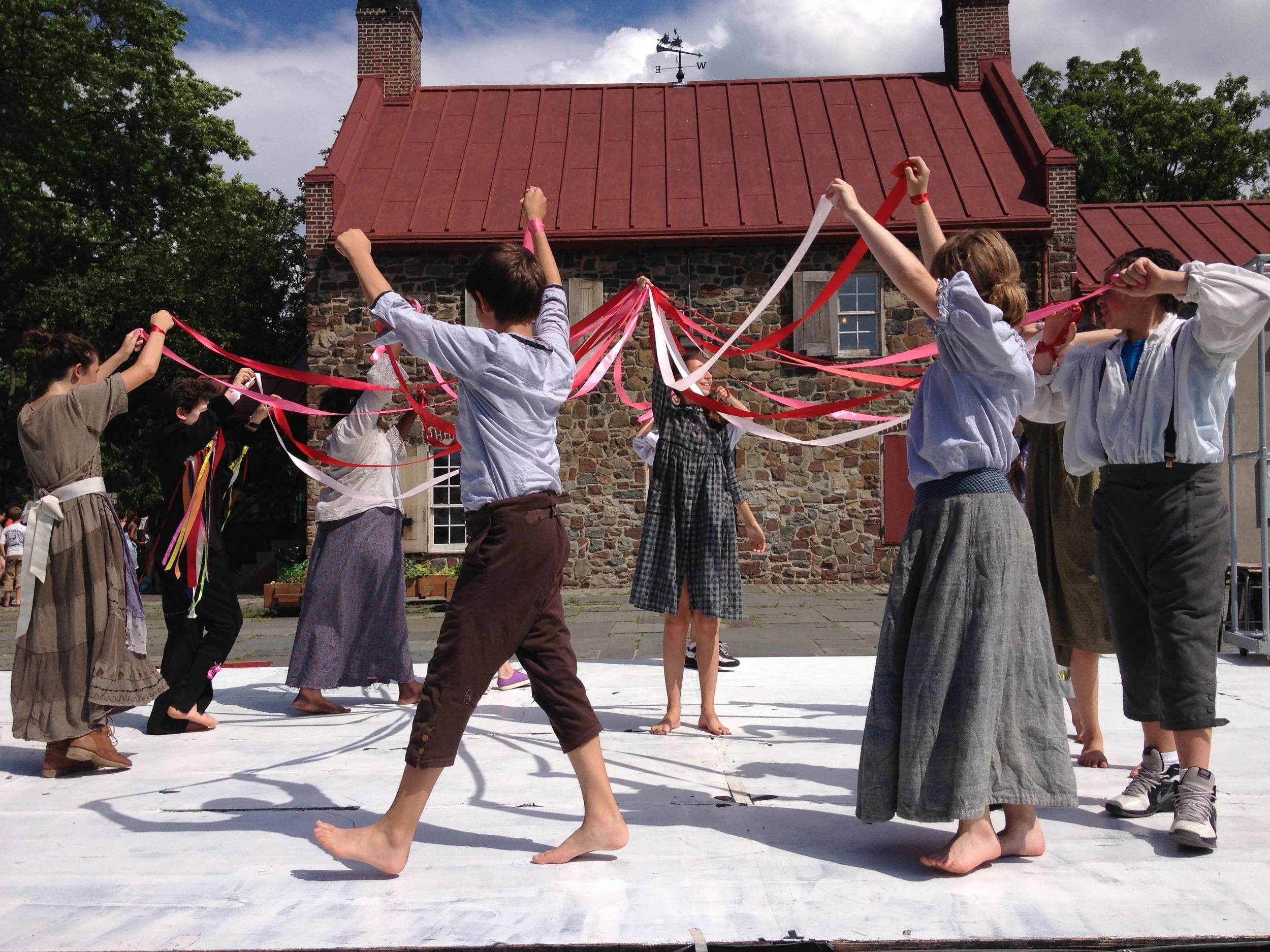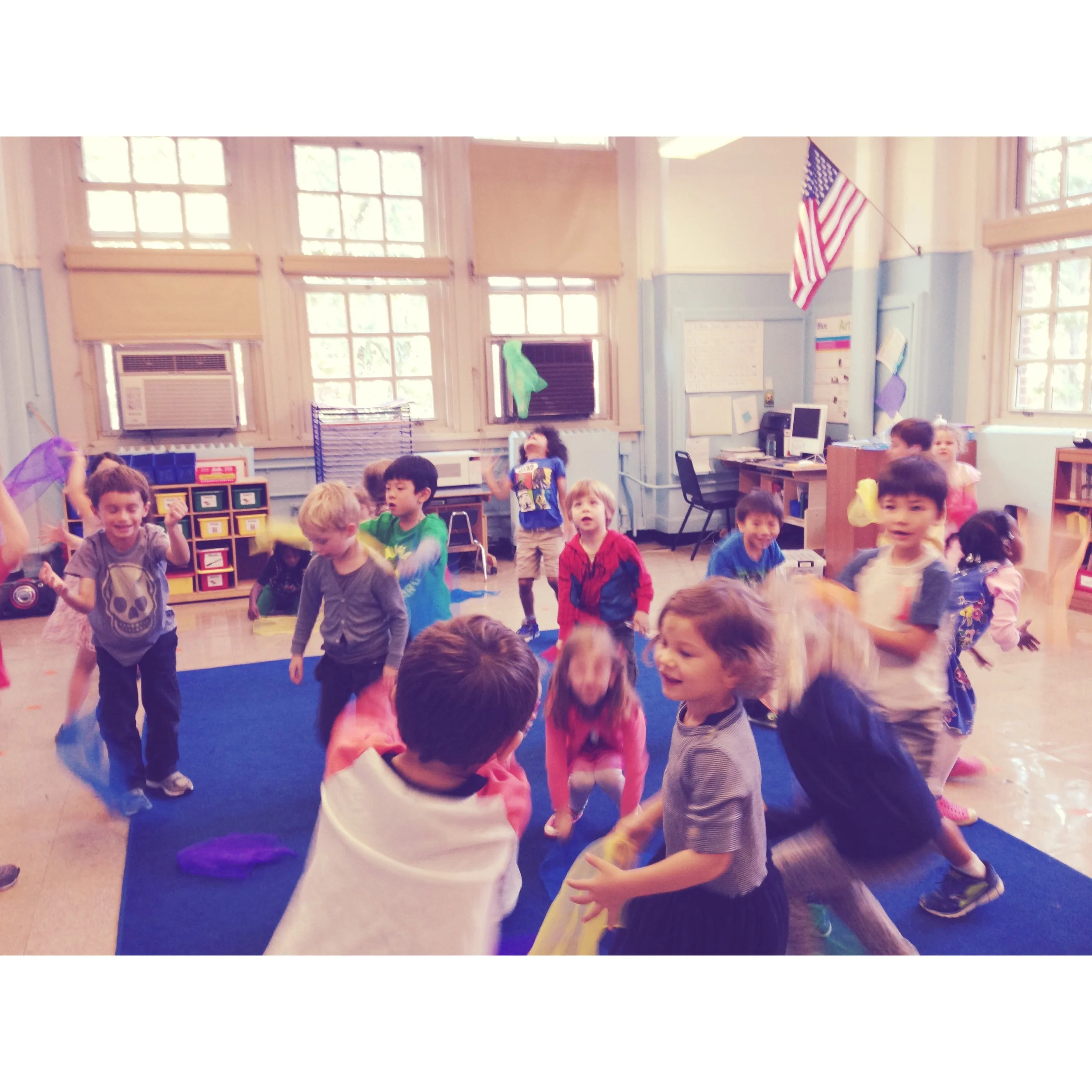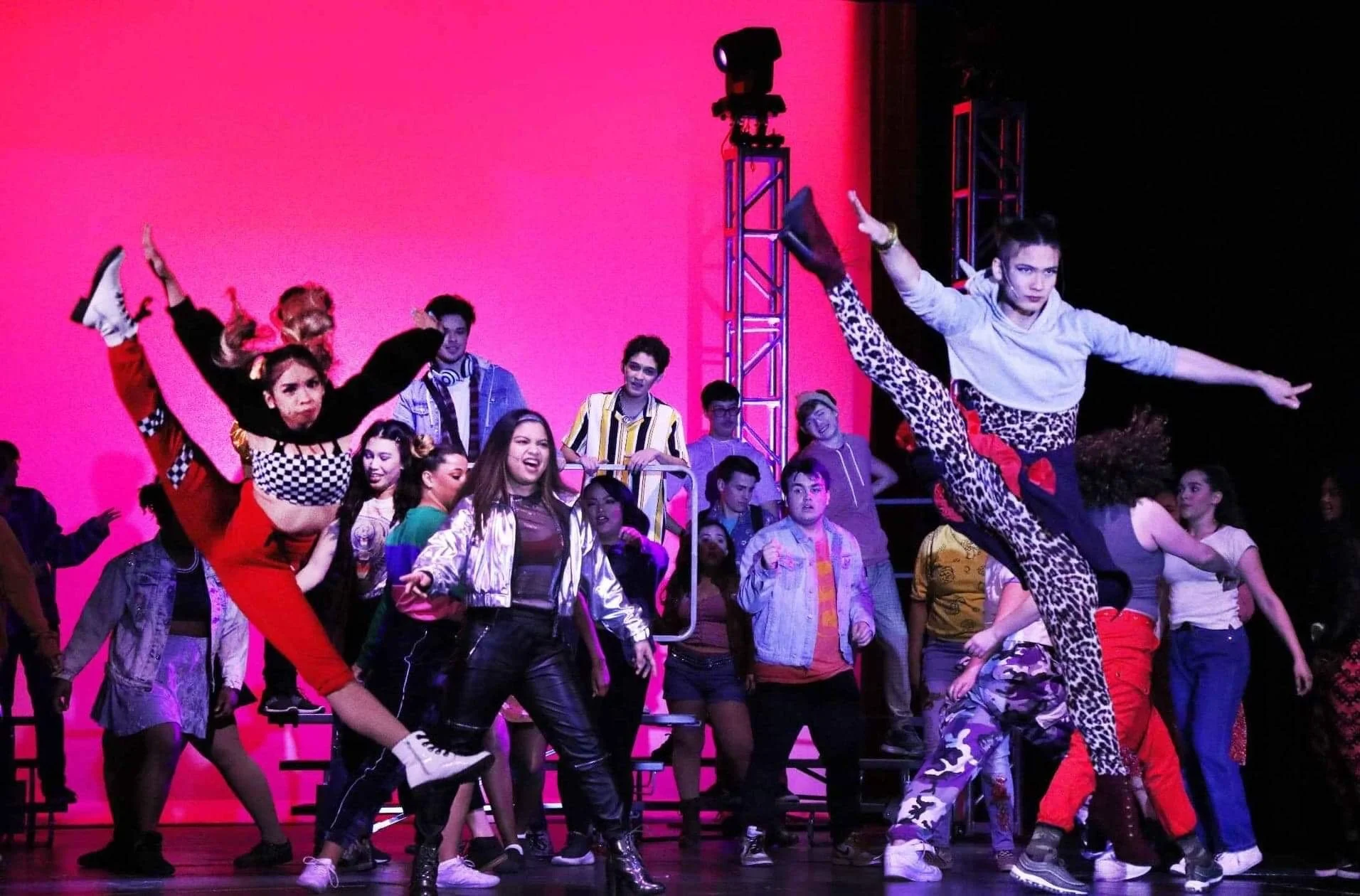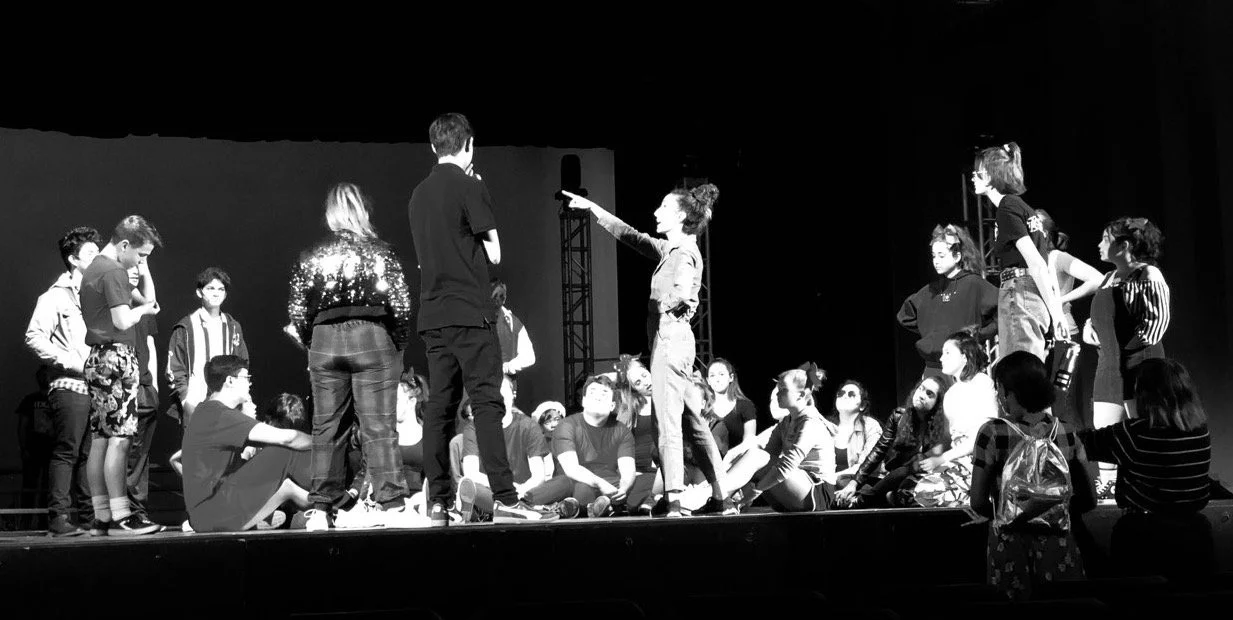Statement of Pedagogical Goals
In theater education, we strive to serve the whole child: intellectually, physically and creatively. Theater arts curriculum fosters empathy, as young actors must transform into diverse characters; community, as students are challenged to work as an ensemble; and critical thinking, as it teaches students how to articulate their views of art and the world at large. My work continues to focus on these aspects of arts education, which I believe has the power to change children’s lives and simply make them better human beings.
Core Values
Educational Philosophy
My theater education and pedagogy has and continues to be shaped by the practices of Cecily O’Neill’s process drama, which allows students the powerful experience of resolving conflicts in role; Stanislavsky’s truthful storytelling; Viola Spolin and Del Close’s short and long-form improvisation techniques; Augusto Boal’s forum theater and the physical theater techniques of Jerzy Grotowski. The through line of these principles and techniques is that each works toward empowering the participants and fostering community.
I am passionate about directing both dramatic and comedic musicals as well as classic and contemporary plays; exploring the use of physical theater; creating original and devised work with students; adapting classic literature and encouraging young playwrights.
As a drama teacher, I believe it’s my responsibility to usher young people confidently onstage and into the world. Through the power of theater education, students can learn how to become leaders, how to be community-minded, how to advocate for themselves and how to create change in the world.
An original puppetry performance by Van Nuys High School Drama 1 students, 2022
(Inspired by the National Theatre’s Masterclass by Gyre & Gimble)
“Classroom Explosion:” An original physical theater scene devised by Van Nuys High School advanced drama students, 2020.





